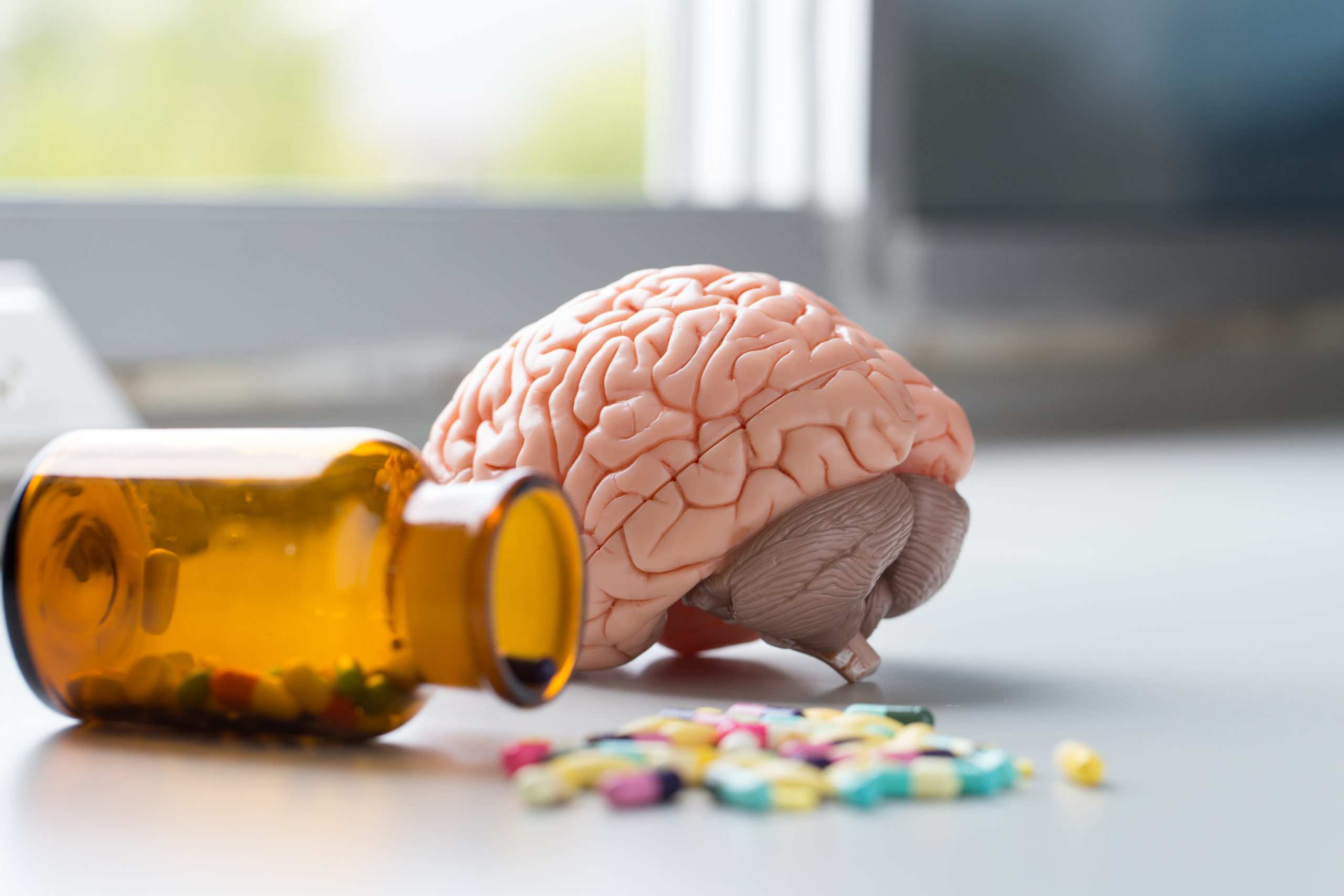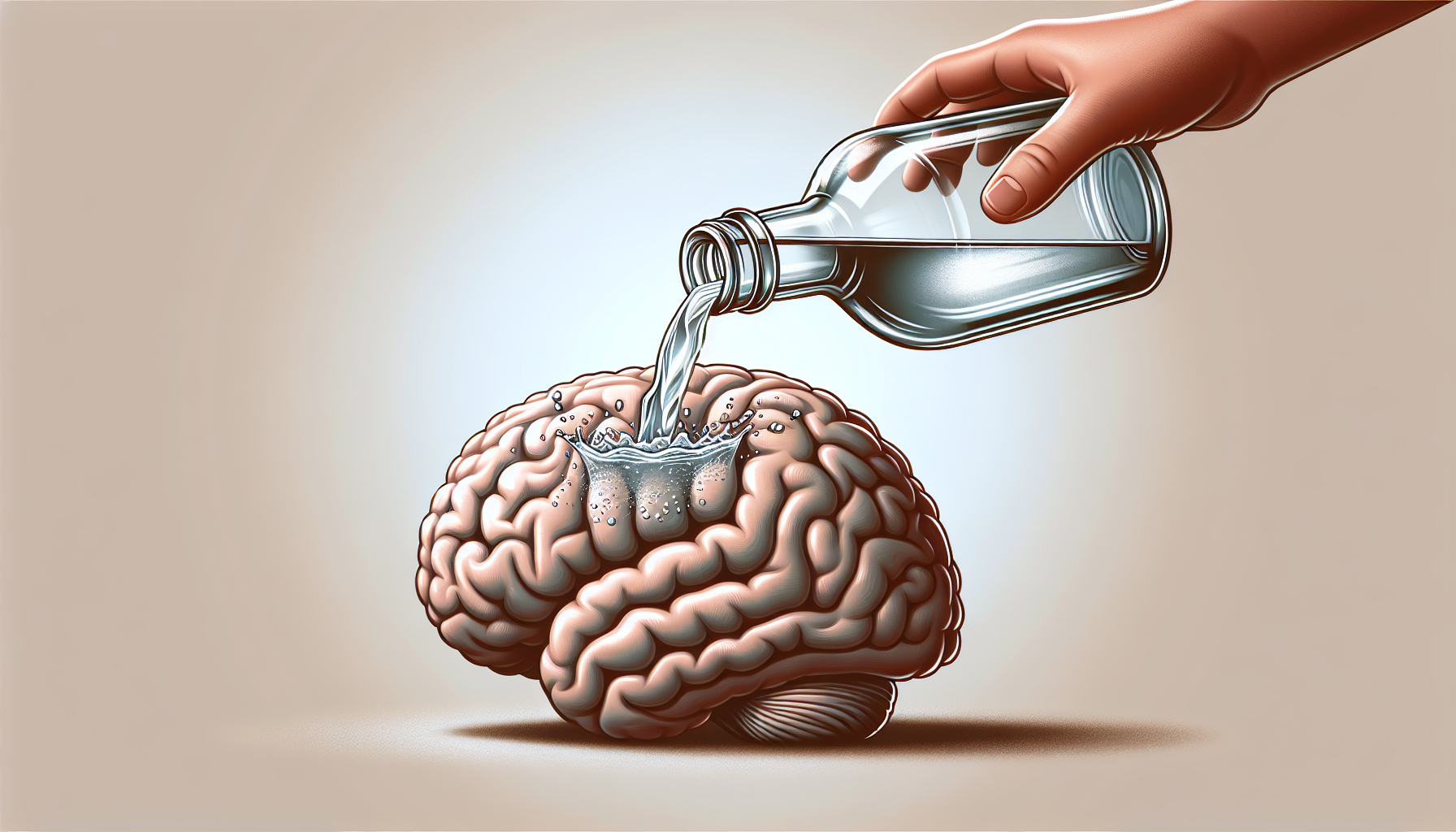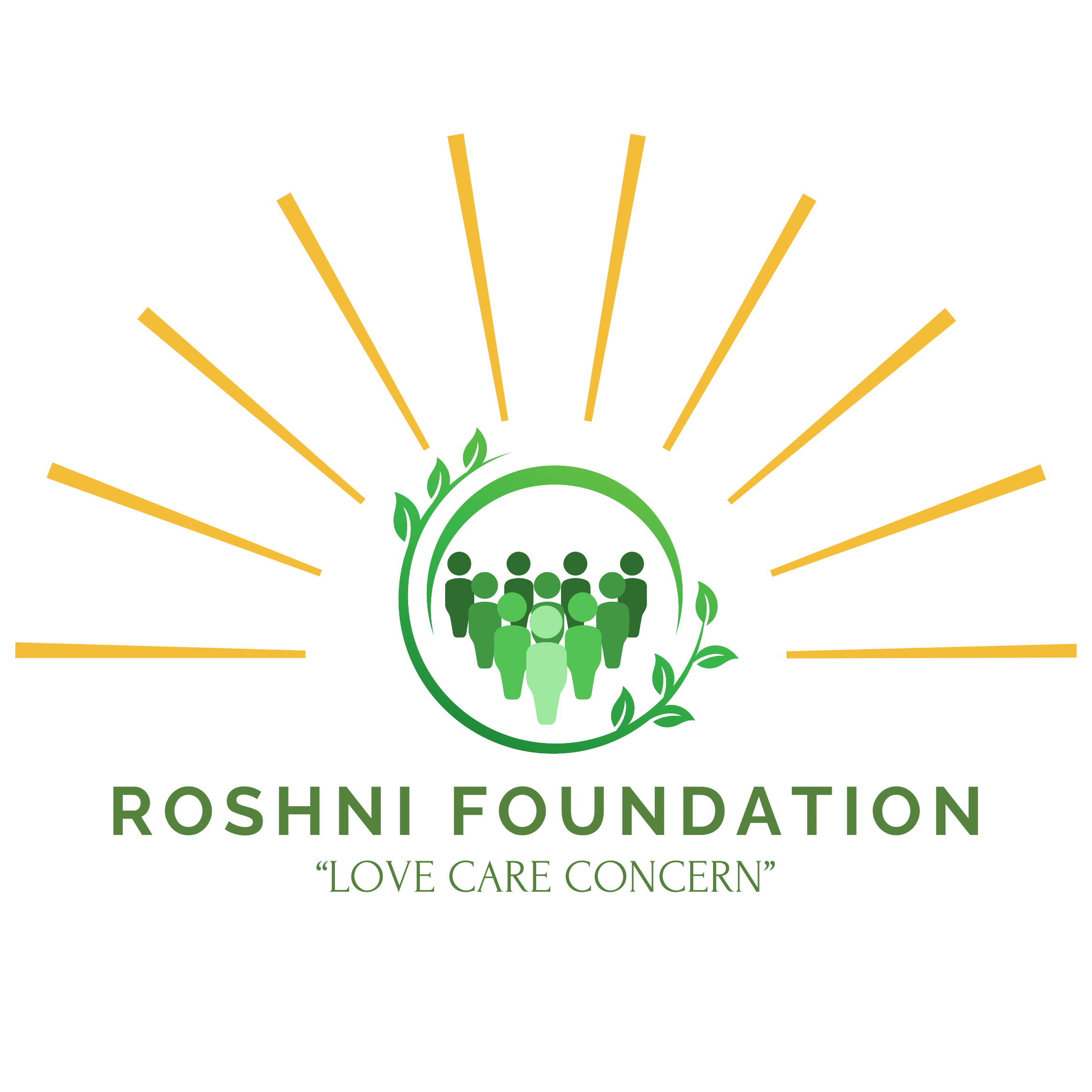Substance abuse not only affects the body, but it also profoundly alters the brain. While many people focus on the short-term effects of addiction, the long-term consequences can be far more damaging. Understanding the brain damage from addiction is essential to recognising why timely treatment is so critical.
At Roshni Foundation, regarded as the best rehab centre in India, we have witnessed how extended substance use rewires thought processes, impairs memory, and changes behaviour. This article examines the effects of various substances on the brain and provides essential information for individuals and families about healing and recovery.
How Addiction Changes the Brain
The human brain is built to adapt. This ability—
called neuroplasticity—helps us learn and grow. However, drugs and alcohol hijack this process. With continuous use, the brain changes structurally and functionally, leading to brain damage from addiction that can last for years, or even become permanent.
Key areas affected include:
-
Prefrontal Cortex – Decision-making and impulse control
-
Amygdala – Emotional regulation
-
Hippocampus – Memory and learning
-
Nucleus Accumbens – Motivation and reward
-
Cerebellum – Coordination and balance
These changes can lead to impaired judgment, aggression, depression, anxiety, and other behavioural issues.

Types of Brain Damage from Addiction
The extent of brain damage from addiction depends on the type of substance used, the duration of use, genetic factors, and overall health. Let’s break it down by substance type:
1. Alcohol
-
Damage: Shrinks brain tissue, affects cerebellum and frontal lobes
-
Effects: Memory loss, difficulty with balance, emotional instability
-
Long-term risk: Wernicke-Korsakoff syndrome (alcohol-related dementia)
2. Opioids (Heroin, Prescription Painkillers)
-
Damage: Slows brain function, reduces oxygen supply (hypoxia)
-
Effects: Poor attention span, impaired decision-making
-
Long-term risk: Structural brain changes that affect motivation and mood
3. Methamphetamine
-
Damage: Toxic to dopamine-producing neurons
-
Effects: Aggression, paranoia, cognitive decline
-
Long-term risk: Permanent memory and emotional control issues
4. Cocaine
-
Damage: Reduces blood flow to the brain, causes mini-strokes
-
Effects: Mood swings, hallucinations, poor impulse control
-
Long-term risk: Lasting damage to attention and emotional regulation
5. Cannabis (in excessive or adolescent use)
-
Damage: Interferes with brain development
-
Effects: Reduced IQ, attention problems, motivational issues
-
Long-term risk: Altered brain structure in teens
Cognitive and Emotional Effects of Brain Damage from Addiction
The visible changes in brain chemistry and structure due to substance abuse often lead to the following cognitive impairments:
-
Poor memory retention
-
Reduced attention span
-
Impaired problem-solving ability
-
Lack of emotional regulation
-
Sleep disturbances
-
Decline in social behaviour and empathy
These are not just short-term effects. Without treatment, the brain damage from addiction may worsen over time, even after the person stops using substances.
Can the Brain Heal from Addiction?
Yes—to a degree. The brain has a remarkable ability to repair itself, especially with early intervention and proper treatment. At Roshni Foundation, a leading rehab centre, we focus on:
-
Neurotherapy to stimulate brain recovery
-
Cognitive Behavioural Therapy (CBT) to rebuild thinking patterns
-
Nutritional support to restore brain chemicals
-
Mindfulness and meditation to reduce stress
-
Medication-assisted treatment for specific brain impairments
The sooner someone begins treatment, the better the chance of minimising or reversing some of the brain damage from addiction.

Why Early Rehab is Crucial
Waiting too long increases the risk of permanent damage. Cognitive decline, personality shifts, and even early-onset dementia have been observed in long-term addicts.
Recognising the symptoms and starting recovery early at a trusted facility like Roshni Foundation gives individuals the best shot at healing. The brain needs time, rest, and structured recovery to repair.
What You Can Do If You Suspect Brain Damage from Addiction
-
Seek medical and psychological evaluations
-
Start a structured rehab program
-
Maintain a healthy lifestyle post-rehab
-
Continue cognitive therapy and counselling
-
Avoid relapse triggers
-
Practice mental exercises and brain games
The brain may not return to its original state, but with continued effort, significant improvement is possible.

Conclusion
The impact of drugs and alcohol on the brain is serious, but not irreversible in all cases. Recognising the signs of brain damage from addiction early and seeking professional help can stop the damage and start healing. Substance abuse isn’t just a habit—it’s a disease that changes your brain at the core.
At Roshni Foundation, we take a neuroscience-informed approach to recovery. As one of India’s top rehab centre options, we combine therapy, medical care, and holistic healing to restore not just physical health, but also clarity, balance, and purpose.

